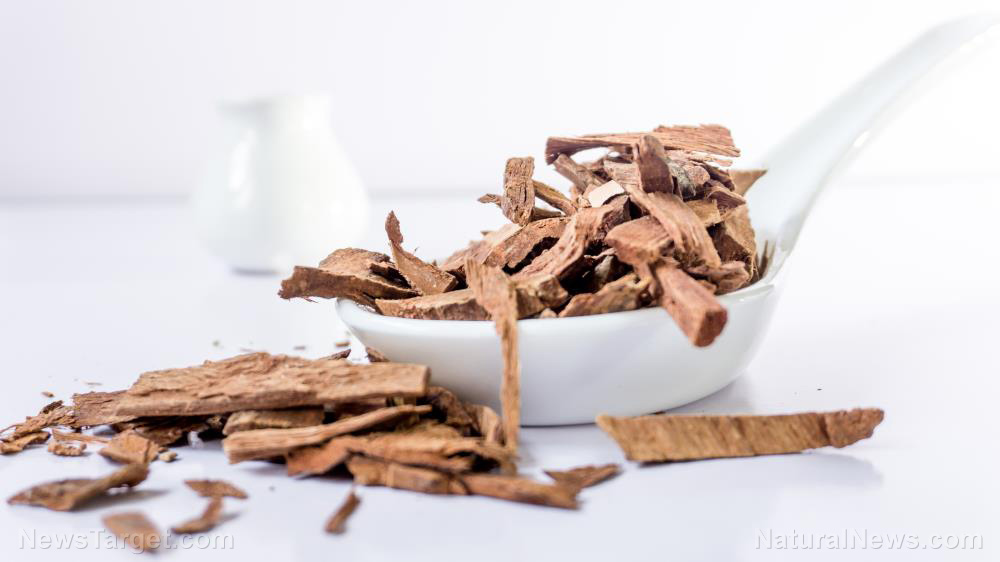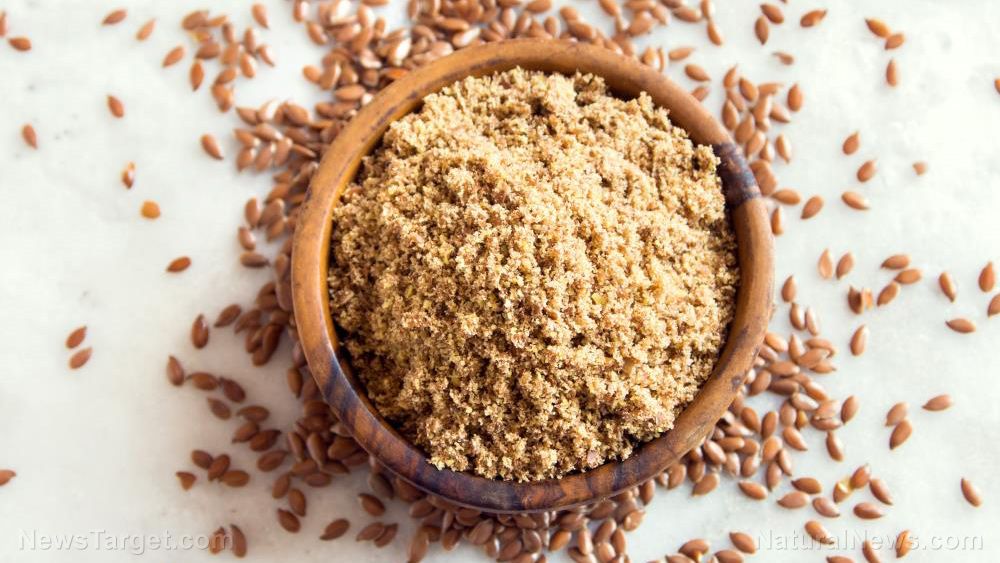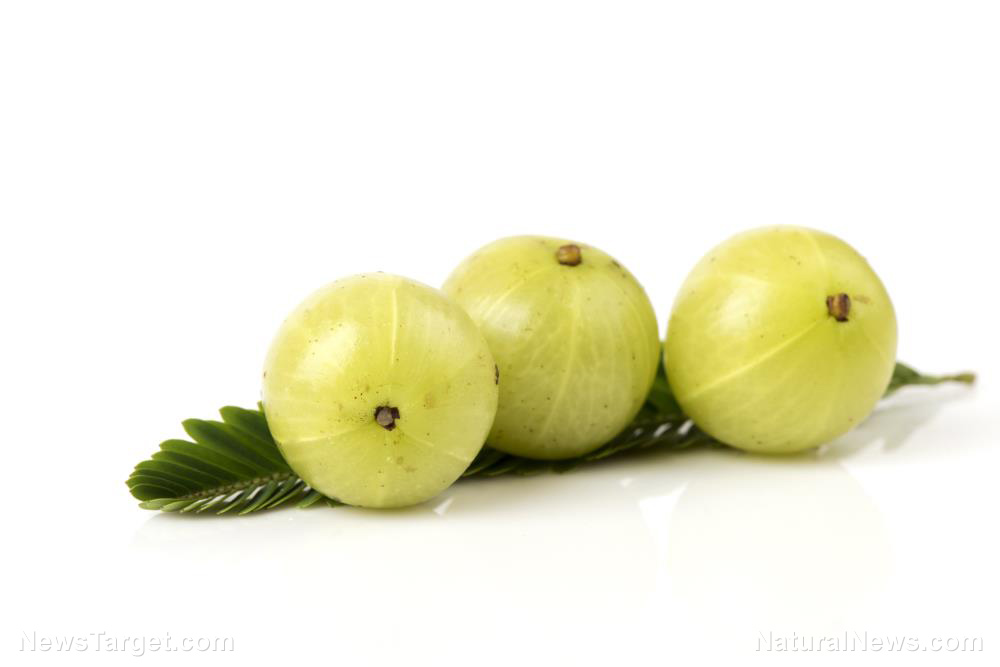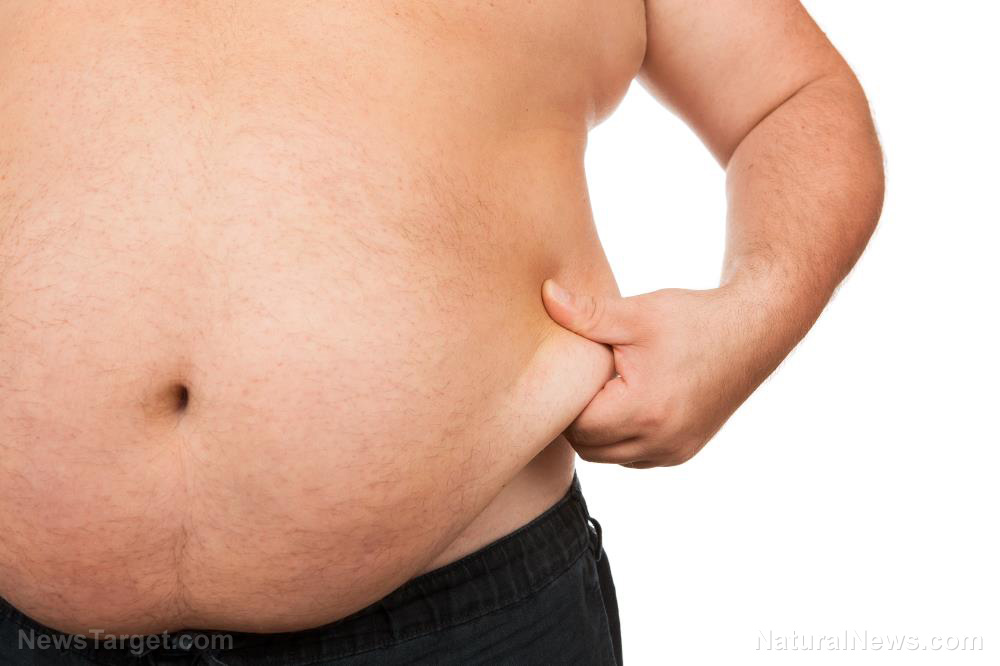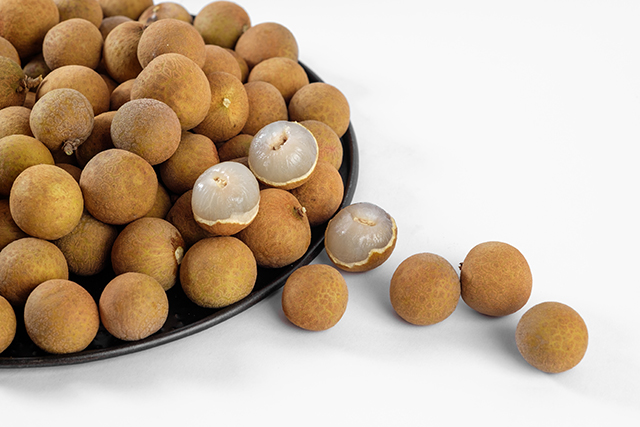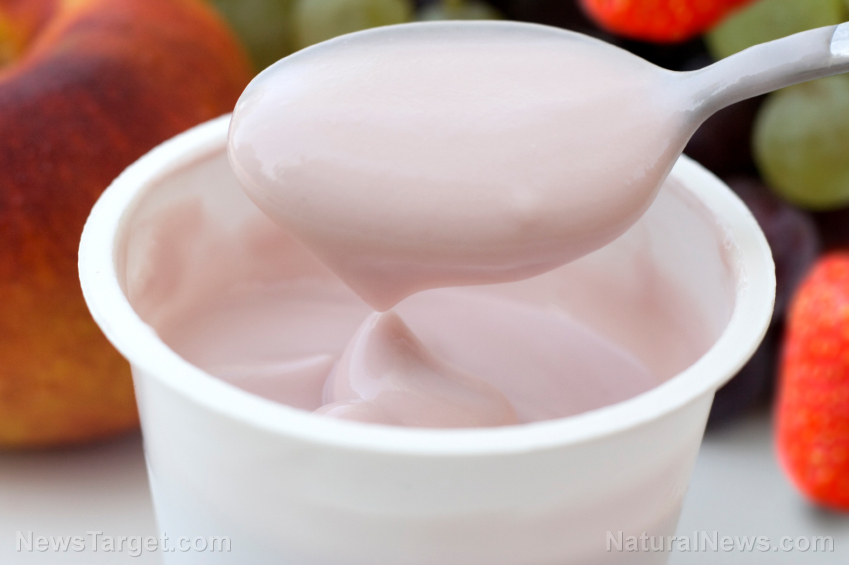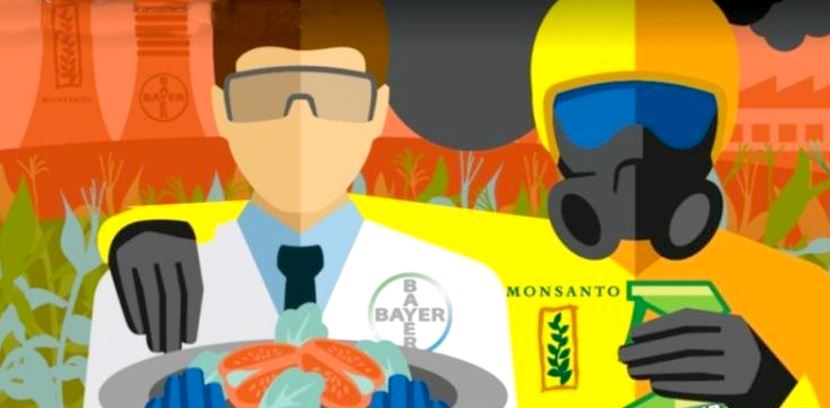Basil extract restores lipid metabolism, prevents oxidation
04/11/2019 / By Michelle Simmons
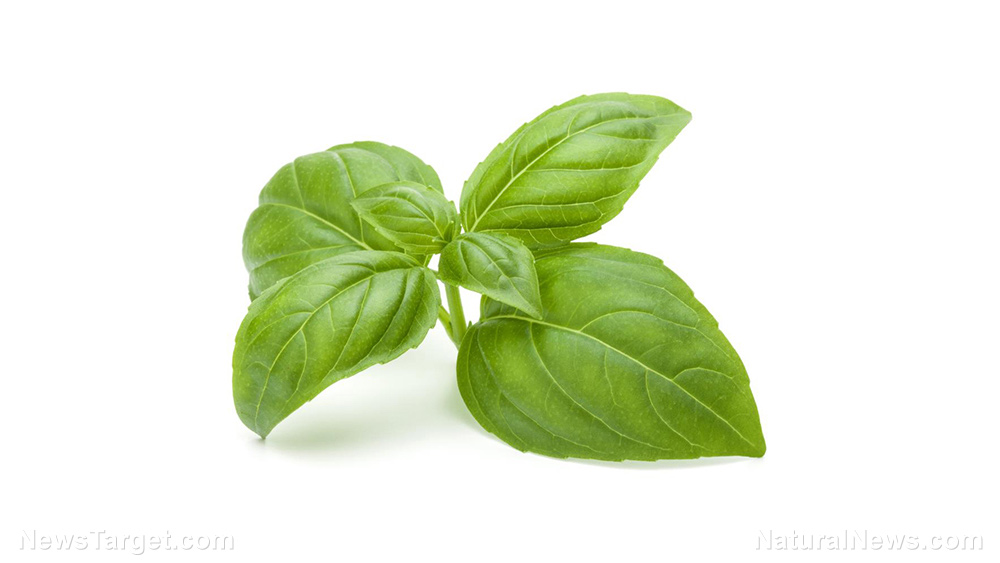
A study published in the journal Food Science and Human Wellness revealed that basil (Ocimum basilicum) can help reduce high lipid levels and prevent atherosclerosis. In this study, researchers from Morocco examined the effect of basil extract on high lipid levels and oxidative stress in an animal model.
- Basil is an aromatic plant used as a culinary herb, condiment, or spice.
- In the east of Morocco, it is also used as a medicinal plant to treat health problems like hyperlipidemia and atherosclerosis.
- To test its efficacy on these diseases, the Moroccan researchers induced hyperlipidemia in 12 mice, then orally treated six of them with 200 milligrams per kilogram (mg/kg) body weight of basil extract.
- The oral administration of the basil extract resulted in significant reductions in total cholesterol levels, triglycerides, and low-density lipoprotein (LDL) cholesterol.
- In addition, the extract prevented blood lipid oxidation.
- Hyperlipidemia and LDL oxidation are known to contribute to the development of atherosclerosis.
- The research team also found that the extract contains four major phenolics, including cafeic acid, caftaric acid, chicoric acid, and rosmarinic acid – which was found to be the major compound in the extract and may be responsible to the extract’s lipid-lowering and antioxidant activities.
In conclusion, these findings indicate that basil exhibits hypolipidemic and antioxidant activities, which can be used to lower elevated cholesterol levels and prevent atherosclerosis.
Read the full text of the study at this link.
To read more studies on the heart health benefits of basil, visit Herbs.news.
Journal Reference:
Touiss I, Khatib S, Bekkouch O, Amrani S, Harnafi H. PHENOLIC EXTRACT FROM OCIMUM BASILICUM RESTORES LIPID METABOLISM IN TRITON WR-1339-INDUCED HYPERLIPIDEMIC MICE AND PREVENTS LIPOPROTEIN-RICH PLASMA OXIDATION. Food Science and Human Wellness. March 2017; 6(1): 28-33. DOI: 10.1016/j.fshw.2017.02.002
Tagged Under: alternative medicine, antioxidants, atherosclerosis, basil, cardiovascular health, cholesterol, food is medicine, foodcures, heart health, herbal medicine, Herbs, high cholesterol, natural cures, natural medicine, Ocimum basilicum, research


